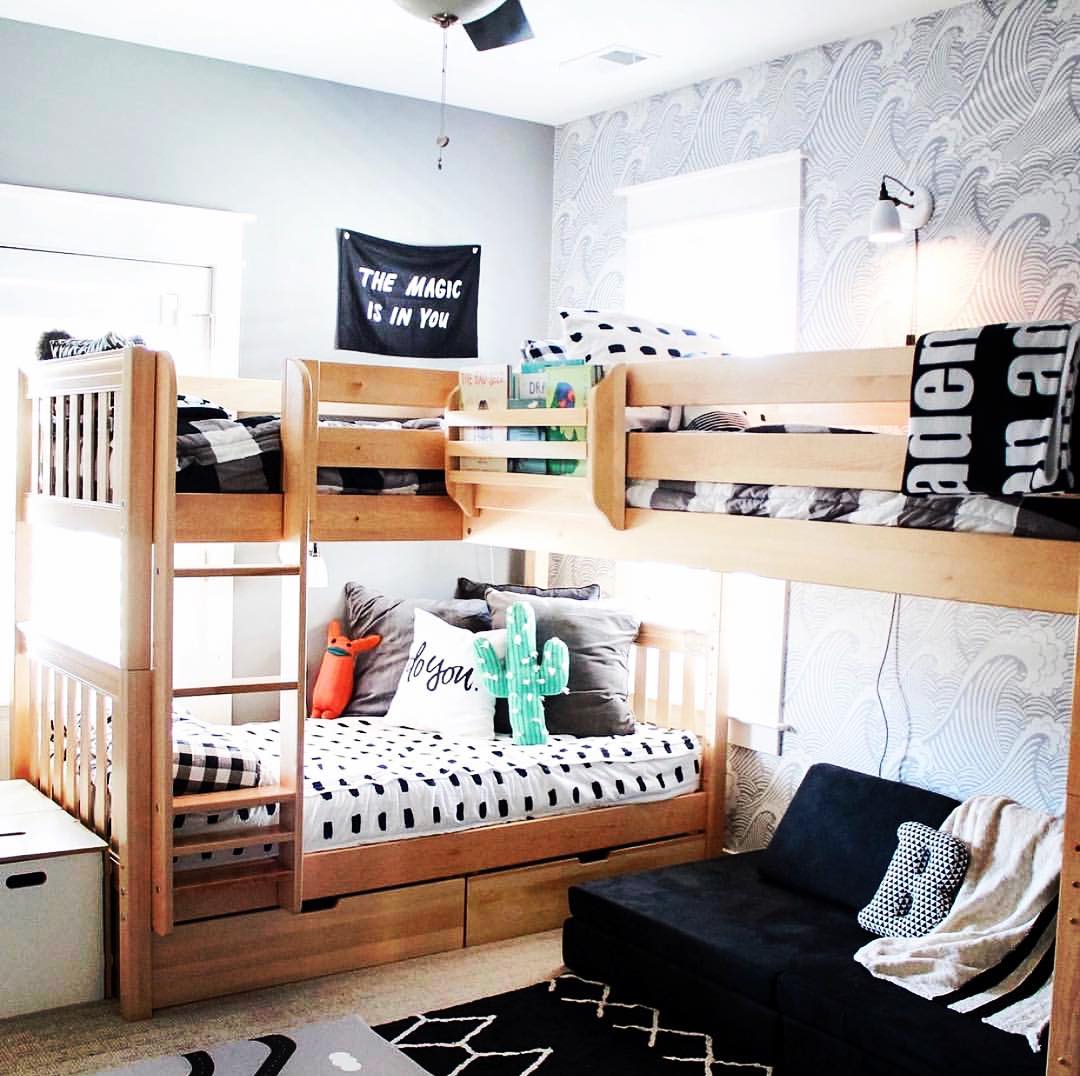How To Handle Moving To a New House And City With Young Children
A change of house or city always involves a lot of work and some headaches for families. We are not always prepared for the changes. And if it is a difficulty for adults, the move can be stressful for children. It can represent a problem for the little ones if they are not prepared, in advance, for the new reality. So if you are facing the challenge of moving, change of house and a new city, your small ones will need some preparation for it.
What is a move for Children?
Like everything, the reaction of a child to a change of home will depend a lot on how old he is. Until 2 or 3 years of age, there will be no reaction. At these ages, children usually adapt perfectly to changes. They will feel it, of course, if they notice that their parents are worried or worried about them. Children feel everything and absorb even the concerns of parents. Children are greatly affected by the attitudes and moods of their parents.

In the case of a change of house, the children will need their parents to transmit a message of tranquility and security. Explaining to a young child about a change of home can become very fun. Use a story, or simulate a story of families changing houses using drawings, toys, or stuffed animals.
Tips for moving home with young children
In the case of older children some psychologists advise parents to follow some steps:
1- It must be clearly explained to the child, and in a positive way, why the move. And in case the child ask you questions, do not leave him without answers.

2- It is advisable that you familiarize the child, in the best possible way, with the new house and its surroundings. Show him pictures, maps, etc. Also, if possible, take your child to visit the new house, before the move.
3- Explain to the child about the advantages that will have when changing of the house. Tell him he will make new friends, that he will have a new room…and concentrate only on the benefits that the move will bring.

4- Children like novelties. Describe the place where the new house or apartment is located. Encourage him by saying that he will have parks, lots of green, more space for games, that will be closer to the school, always stick to the truth.
5- Be sure to deal with the worries that your son may have. Tell him, for example, that he will not lose his lifelong friends. They will continue to meet whenever the parents can.
6- When the move has been made, encourage the child to explore the surroundings. To discover secret corners, in addition to asking for their help to decorate their new room, and determine places for their toys.
7- The best time for a house move is in the period of school holidays, a long holiday. If you see that your child has conditions to collaborate, include him in the work of the move. But if you see that your child is still not interested in it or that he does not care, let him stay during the days of the move, in the house of a relative, or a trusted friend. This will keep you away from all the stress of a move.
8- Invite your child to separate the toys he wants to take to the new house and put them in a box. If the child already knows how to write, ask him to put an ID in the box.

9- Prevents the change of house does not coincide with other changes in the child’s life. For example, with the changes from cradle to bed, with the removal of diapers, and much less with a couple in separation. It’s easier for them to handle the new situation.
10- Ask them to be the one in charge to explain it to the pets or stuffed animals in the house. This will lead to them assimilating the idea in order to create arguments in favor of the moving.
If you don’t want to do everything on your own, maybe it’s best to hire a moving service like the one at Hudson Movers and concentrate on your child and the situation he is facing. Or maybe you can take a few days off and organize it by yourself. Whatever you decide, keep in mind that a first good step it’s the best start for a new life!






